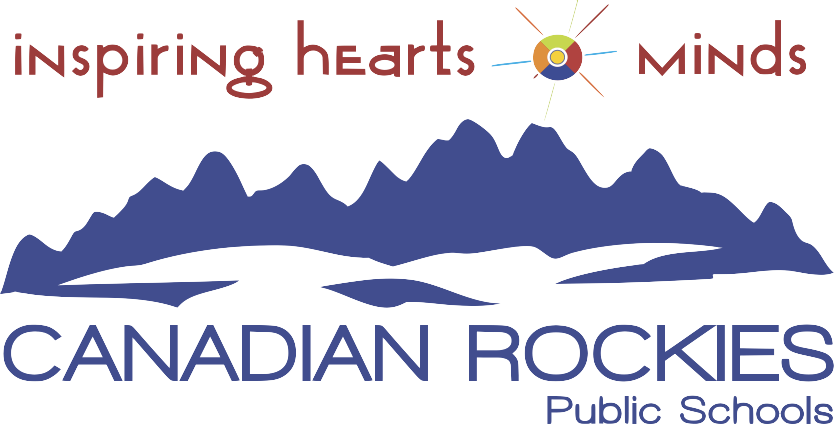The Social Studies 10-1, 20-1, 30-1 program is a sequence designed for students who plan to go to university. The Social Studies 10-2, 20-2, 30-2 program is a sequence for students who may not plan to go to university or wish to plan an alternate route to Social Studies 30-1.
Note: Students may be eligible for retroactive credits in Social Studies
Social Studies 10-1
5 credits
Recommended: minimum of 70per cent in Social Studies 9, strong reading/writing skills
Social Studies 10-1 explores the historic origins of globalization and the local, national and international impacts of globalization on lands, cultures, economies, human rights and quality of life. Students will examine the relationships among globalization, citizenship and identity to enhance skills for citizenship in a globalizing world. The infusion of multiple perspectives will allow students to examine the effects of globalization on peoples in Canada and throughout the world, including the impact on Aboriginal and Francophone communities
Globalization, the process by which the world’s citizens are becoming increasingly connected and interdependent, demands that students explore responsibilities associated with local and global citizenship and formulate individual and collective responses to emergent issues related to globalization. In the process, students will develop process, communication, participation, and critical thinking skills.
Social Studies 10-2
5 credits
Recommended: 50 per cent in Social Studies 9
Living in a Globalizing World
Students will explore historical aspects of globalization as well as the effects globalization has on lands, cultures, human rights and quality of life.
Students will explore the relationships among globalization, citizenship and identity. The infusion of multiple perspectives will allow students to examine the effects of globalization on peoples in Canada and other locations, including the impact on Aboriginal and Francophone communities. Students will develop skills to respond to issues emerging in an increasingly globalized world.
By examining opportunities and challenges associated with globalization, the process by which the world is becoming increasingly connected and interdependent, students will develop awareness of the impacts of globalization. Recognizing and appreciating the influence of globalization will lead students to examine their roles as responsible and active citizens in a globalizing world.
Social Studies 20-1
5 credits
Recommended: minimum 70 per cent in Social Studies 10-1, strong geography and writing skills
Social Studies 20-1 explores the complexities of nationalism in Canadian and international contexts. Students will study the origins of nationalism and the influence of nationalism on regional, international and global relations from the era of the French Revolution through World War Two. The study of a variety of perspectives will allow students to develop understandings of nationalism and how nationalism contributed to the citizenship and identities of peoples worldwide. Exploring the complexities of nationalism will contribute to an understanding and appreciation of the interrelationships among nations, nationalism, internationalism, globalization, and citizenship and identity.
In completing this course, students will expand skills related to critical, creative, geographic and historical thinking. As well, they will develop decision-making and problem-solving skills, and demonstrate skills of cooperation, conflict resolution, and consensus building vital to their future roles as active citizens. Students are required to demonstrate written, oral, visual, media and research literacy by creating persuasive essays, in-depth projects, current events commentaries and presentations.
Social Studies 20-2
5 credits
Prerequisite: 50 per cent in Social Studies 10-2
Students will study historical and contemporary understandings of nationalism in Canada and the world. They will examine the origins of nationalism as well as the impact it has on individuals and communities. Multiple perspectives will be used to examine examples of nationalism. Ultimately, students will gain an appreciation and awareness of the interrelationships among nationalism, internationalism, citizenship and identity, as well as develop personal and civic responses to emergent issues related to nationalism.
Social Studies 30-1
5 credits
Recommended: minimum of 70per cent in Social Studies 20, strong reading comprehension and analytical writing skills
Social Studies 30-1 explores the origins and complexities of ideologies. Students will examine multiple perspectives regarding the principles of classical and modern liberalism. An analysis of various political and economic systems will allow students to assess the viability of the principles of liberalism.
In completing this course, students will continue to use and polish their skills related to critical, creative, geographic and historical thinking. This will allow them to develop a comprehensive understanding of the evolution of modern liberal thought and the tenets of competing ideologies important in the development of active, informed and responsible citizens who effectively investigate, analyze and evaluate government policies and are able to respond to global issues.
Students are required to demonstrate written, oral, visual, media and research literacy by analyzing primary documents and visuals, creating persuasive essays and position papers, completing in-depth projects, and developing current events commentaries and presentations. At the completion of the course, students will write an Alberta Education Diploma Exam.
Social Studies 30-2
5 credits
Recommended: 50 per cent in Social Studies 20-2 or less than 70 per cent in Social Studies 20-1
Social Studies 30-2 examines the origins, values and components of competing ideologies. Students will explore multiple perspectives regarding relationships among individualism, liberalism, common good and collectivism, allowing them to understand the roles and responsibilities associated with citizenship.
As democratic and capitalist societies are founded upon the key values of individualism and liberalism, active and responsible citizenship requires citizens to have knowledge and skills to examine, analyze and evaluate a variety of political and economic systems. Students will demonstrate these skills through written, oral, visual, multimedia, and research assignments. At the completion of the course, students will write an Alberta Education Diploma Exam.



